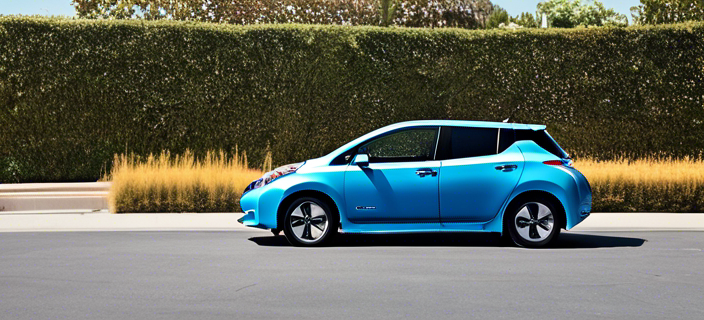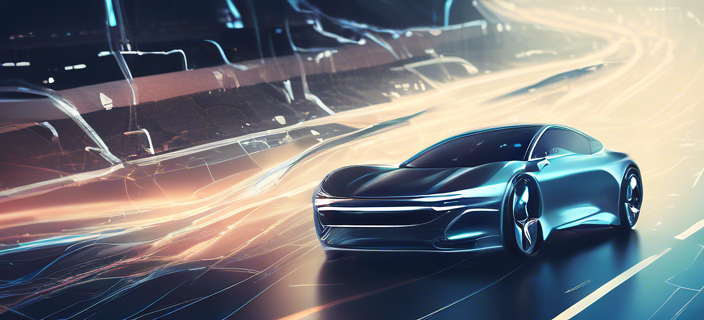Nissan Faces Backlash for Discontinuing App Support
Nissan is under fire from owners of older Leaf electric cars following the announcement that the company’s app support will cease for vehicles made before 2016. The decision to discontinue the app, which enables remote control functions like heating, comes as the UK prepares to switch off its 2G network.
 A Nissan Leaf car from 2016
A Nissan Leaf car from 2016
Affected drivers, totaling around 3,000 Nissan Leaf and e-NV200 cars, expressed disappointment and frustration at the sudden withdrawal of the app. While Nissan assured that key features like Climate Control Timer and Charging Timer could still be accessed directly from the car’s Navigation System, customers were taken aback by the abrupt end of app support.
Customer Discontent and Disillusionment
Max Siegieda, a Nissan Leaf owner from Manchester, voiced his surprise at the lack of notice given by Nissan regarding the app shutdown. He highlighted the importance of remote access features, labeling them as a significant selling point when he purchased the car. The unexpected discontinuation has left him hesitant about considering another Nissan vehicle in the future.
David Morris, another Nissan Leaf owner, echoed similar sentiments, emphasizing the expectation of long-term support when investing in a vehicle. The lack of clarity from the manufacturer regarding ongoing support has left many customers disillusioned and questioning their loyalty to the brand.
Industry Experts Weigh In
Experts in the field have raised concerns about the broader implications of such decisions on the electric vehicle market. Dr. Benjamin Gorman criticized Nissan for not incorporating backward compatibility in their design, suggesting that future technological advancements could render software obsolete, affecting a larger pool of vehicle owners.
 Illustration depicting evolving technology in the automotive industry
Illustration depicting evolving technology in the automotive industry
While acknowledging the challenges posed by evolving technology, Sam Sheehan, a motoring editor, emphasized the unique position of the Nissan Leaf as an early mass-market electric vehicle. He predicted that newer cars would also face functionality limitations over time but reassured that modern vehicles were likely to remain operational for an extended period compared to their predecessors.
Looking Ahead in the Electric Vehicle Landscape
As the automotive industry continues to embrace digitalization and connectivity, the case of Nissan discontinuing app support serves as a cautionary tale for both manufacturers and consumers. With the shift towards hardware-as-a-service models and subscription-based features, the longevity of software support in vehicles remains a pressing concern for the future.
The incident with Nissan underscores the importance of transparent communication and long-term planning in ensuring customer satisfaction and loyalty in an increasingly tech-driven automotive landscape. As electric vehicles become more prevalent, manufacturers will need to navigate the delicate balance between innovation and sustainability to meet evolving consumer expectations.


 Photo by
Photo by 












